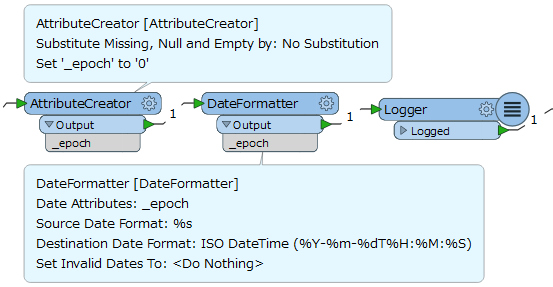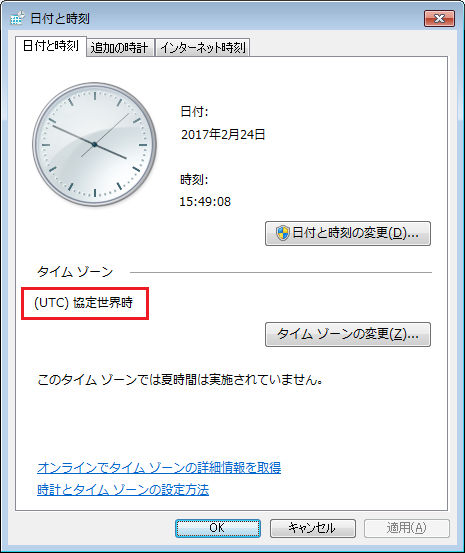I've got a duration in seconds that I want to format as hours and minutes so I thought I'd tell the DateFormatter that it was %s (seconds since the epoch) and ask for the output %k:%M.
The output is an hour too long. (FME 2016.1.3.1)
6861 comes out as 2:56
7861 comes out as 3:11
That's not right, is it?













